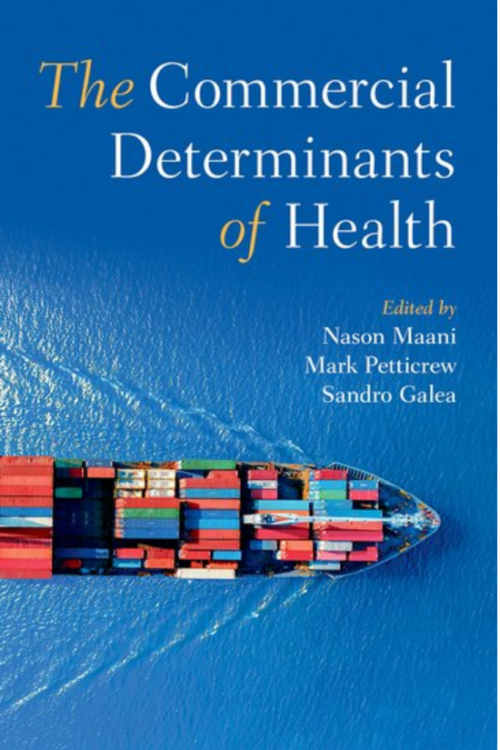Food marketing to kids and people of color: it needs to stop
Two items about inappropriately targeted marketing.
I. Online marketing to kids
A coalition of 21 leading advocacy groups, led by Fairplay, a nonprofit children’s advocacy group, and the Center for Digital Democracy, has filed a petition with the Federal Trade Commission to stop online platforms from manipulating children into spending excessive time online.
The petition describes how the vast majority of apps, games, and services popular with kids:
- Generate revenue primarily via advertising
- Employ sophisticated techniques (e.g., autoplay, endless scroll, and strategically timed advertisements) to cultivate lucrative long term relationships between minors and their brands.
- Use platforms like TikTok, Twitter, YouTube, Facebook, Instagram, and Snapchat to keep kids online.
- NYT account NYT on advocacy on adv to kids
The New York Times has a story on this report.
II. Targeting junk food ads to people of color
The University of Connecticut’s Rudd Center for Food Policy & Health has released a new Rudd Report on food marketing targeted to Black and Hispanic consumers.
Its key findings:
- Food and beverage TV advertising is highly concentrated among a small number of companies; 19 companies are responsible for 75% of all food and beverage ad spending, and 82% of marketing targeted to Black consumers.
- The proportion of junk food ads targeted to Black and Hispanic consumers is increasing.
I particularly appreciate Shiriki Kumanika’s comment (in the U. Conn press release) on industry arguments that it is giving customers what they want:
I challenge that view,” said Shiriki Kumanyika, PhD, MPH,professor at Drexel University, Dornsife School of Public Health, and founding chair of the Council on Black Health.“More likely, racialized marketing of unhealthy products reflects a flawed business model in which leveraging the demographics of social disadvantage to maximize profits from unhealthy foods and beverages is acceptable.”
Resources:
- The Rudd Center 2022 update’s executive summary
- The Rudd Center’s Fast Food FACTS 2021 report.
- Infographics, examples of targeted social media campaigns, and fast facts for advocates available HERE
- A USRTK [U.S. Right to Know] fact sheet on targeted junk food marketing
- An account of the report in The Guardian
More on junk food marketing tomorrow.
***********
For 30% off, go to www.ucpress.edu/9780520384156. Use code 21W2240 at checkout.







